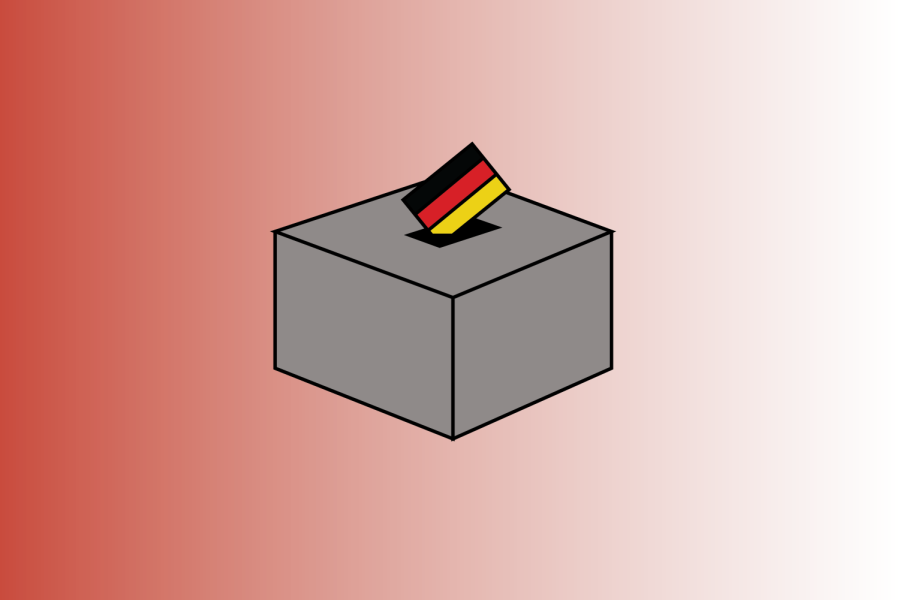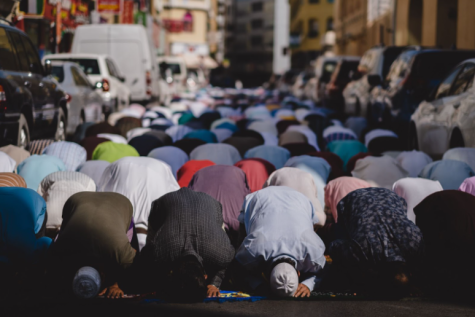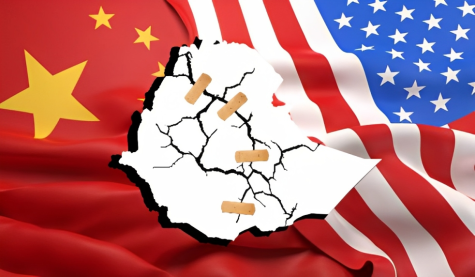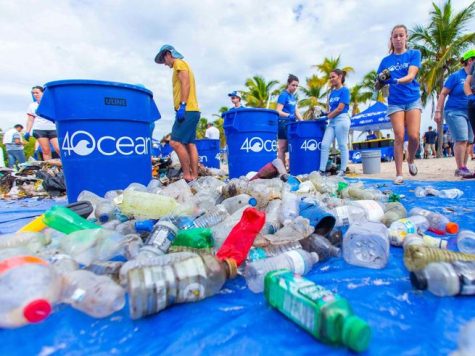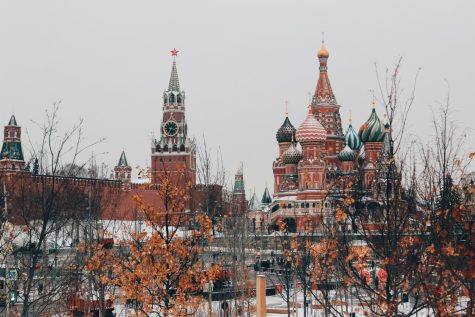Germany’s last election shows political change for us all
October 1, 2021
On September 26th, Germany held its federal election to determine the new makeup of their Bundestag or “federal Diet” (a formal legislative assembly.) This election was the first in 16 years that Angela Merkel, the current Chancellor, was not on the ballot. Merkel is one of the longest serving Chancellors in Germany’s history and announced her last term and stepping away from political leadership shortly after her party lost ground in the regional elections.
The vacancy of an incumbent means a more competitive election and potential for political party shifts within the government. This election voters had to make a weighty decision: who will lead a post-Merkel Germany and in what direction will the most powerful European economy be taken?
A party needs more than 50% of the vote to form a “government”, similar to how the majority political party in the U.S steers policy agenda and most proceedings. However, no party has ever been able to garner enough votes to be a standalone majority. Instead they share power through coalitions and the largest party in the coalition nominates the Chancellor.
Merkel has ruled through a grand coalition of parties for the past 16 years, including the center-right Christian Democratic Union (CDU), the Christian Social Union (a Bavarian offshoot of the CDU) and the center-left Social Democratic Party (SDU).
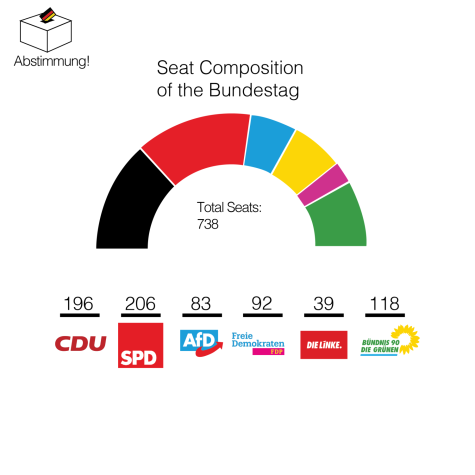
Despite Merkel’s popularity throughout her terms, her party, the CDU, lost 51 seats, marking its biggest defeat in post-war German politics. Meanwhile, its coalition partner, the SDP, gained 52 seats, making it the biggest party in the Bundestag. The environmentalist Greens gained 48 seats, making it the third largest party. The far-right Alternative for Germany (AFD) lost 11 seats after it entered the Bundestag for the first time last election, while “Die Linke” (The Left), the farthest left party, lost 30 seats and the free market centrist Free Democratic Party (FDP) gained 11 seats.
Merkel utilized a “grand coalition” made up of the CDU/CSU and the SPD. There’s still a possibility that this coalition will continue to hold power after this recent election, but with the SPD at the head instead of the CDU. Other coalition options include the “traffic light coalition” (SPD,FDP, Greens), the “Jamaica Coalition” (CDU, FDP, Greens) and the “Kenya coalition” (CDU, FDP, Greens).
Many of these coalitions have been used at the state level, but never federally in Germany. Things operate differently on a grander scale and it may be hard to reconcile political beliefs or pass agendas in some coalitions such as the “Jamaica Coalition,” where the Environmentalist Greens and the business oriented, free market-minded FDP are so intertwined.
Germany is, in many ways, entering a transition period. The country will have to navigate a post-pandemic world, worry about retaining international influence and keeping the European Union together on top of this change in leadership. A rockier future in German politics is almost certain and this election has shown a want for a more liberal government than what Merkel led. The more liberal direction could mean higher taxes on the wealthy, a bigger commitment to fighting climate change (especially with the Greens in power) and more government intervention in tackling issues within Germany.
Angela Merkel will continue to hold chancellorship until a new one is selected by the new coalition and formed government. Official results and the government process can take anywhere from a few weeks to several months.
Insight into another country’s political workings makes it easier to understand their choices and why or how their country is different than ours. The United States isn’t the absolute center of the world and maybe gaining insight into other countries’ elections would help us realize that.


